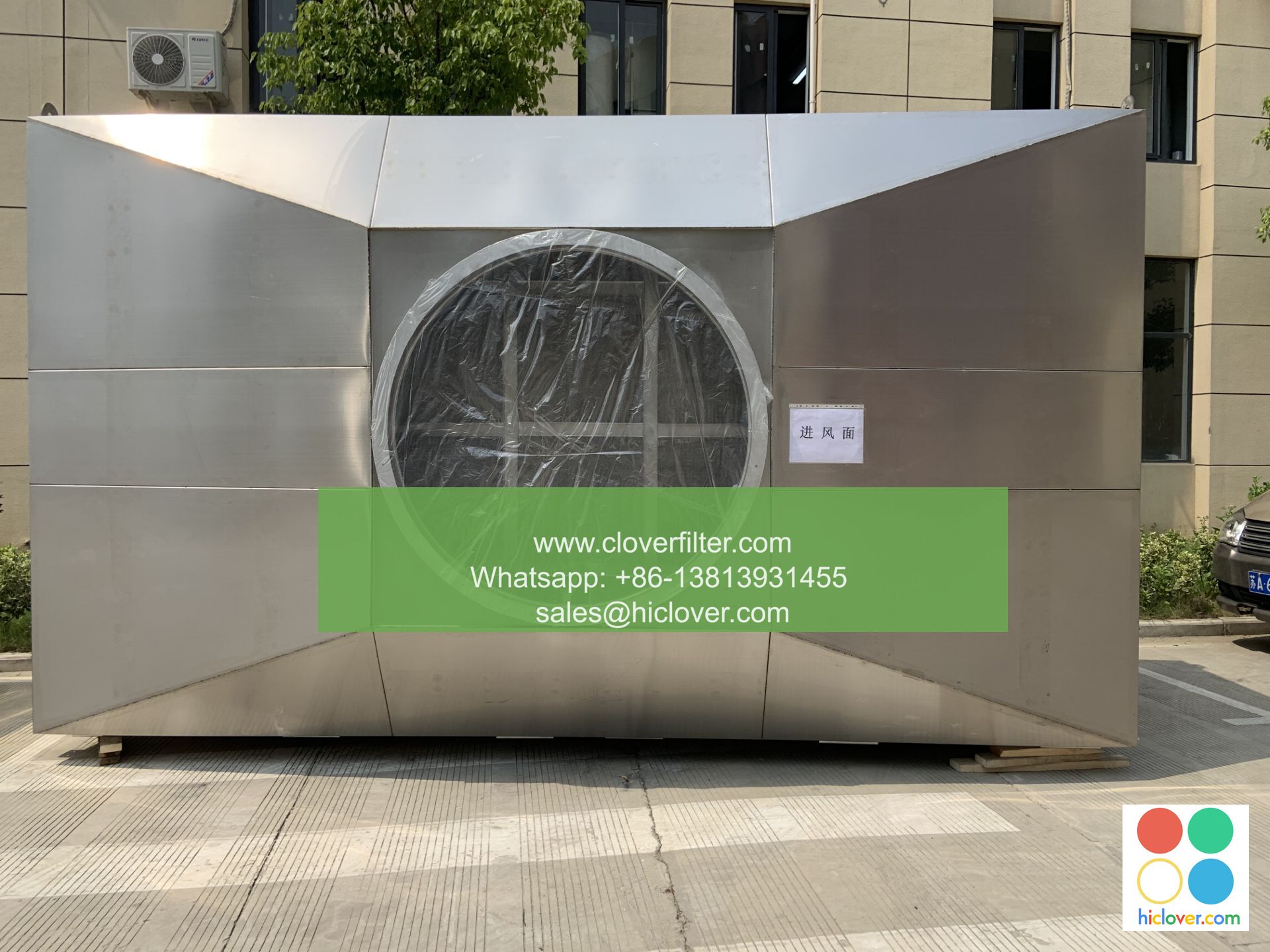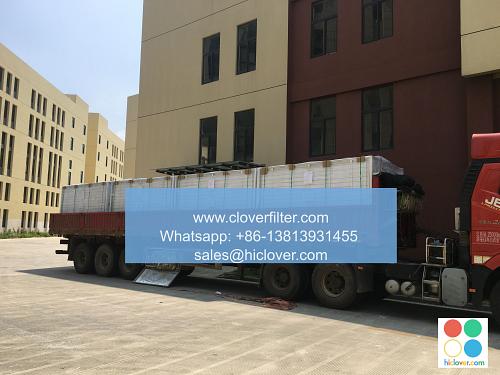The Importance of Regular Air Filter Replacement: A Tutorial

Regular air filter replacement is a crucial aspect of maintaining good indoor air quality, reducing energy consumption, and prolonging the lifespan of heating, ventilation, and air conditioning (HVAC) systems. In this tutorial, we will discuss the importance of regular air filter replacement, its benefits, and provide a step-by-step guide on how to replace air filters in various application areas, including residential, commercial, and industrial settings.
Why Regular Air Filter Replacement is Important
Air filters play a vital role in removing airborne pollutants, such as dust, pollen, and other particles, from the air. Over time, these filters can become clogged, reducing their effectiveness and leading to a range of problems, including:
* Reduced indoor air quality, which can exacerbate respiratory problems and other health issues
* Increased energy consumption, as HVAC systems work harder to heat and cool the air
* Reduced system performance, leading to increased maintenance costs and shortened system lifespan
Regular air filter replacement can help mitigate these issues, ensuring a healthy indoor environment, reducing energy consumption, and prolonging the lifespan of HVAC systems.
Benefits of Regular Air Filter Replacement
The benefits of regular air filter replacement are numerous and can be seen in various application areas, including:
* Residential settings: Improved indoor air quality, reduced energy consumption, and prolonged system lifespan
* Commercial settings: Improved employee health and productivity, reduced energy consumption, and enhanced system performance
* Industrial settings: Improved process control, reduced dust explosion risks, and enhanced system reliability
In addition to these benefits, regular air filter replacement can also help reduce allergies and other respiratory problems, as well as minimize the risk of mold growth and other microbial contaminants.
A Step-by-Step Guide to Replacing Air Filters
Replacing air filters is a relatively simple process that can be done in a few easy steps:
1. Turn off the power to the HVAC system to prevent any accidental start-ups
2. Locate the air filter and remove any screws or clips holding it in place
3. Pull out the old filter and dispose of it properly
4. Insert the new filter and ensure it is properly seated and secured
5. Turn the power back on and check the system for proper operation
It is recommended to replace air filters every 1-3 months, depending on the application area and usage.
Application Areas for Air Filter Replacement
Air filter replacement is important in various application areas, including:
* Residential HVAC systems: Furnaces, air conditioners, and heat pumps
* Commercial HVAC systems: Rooftop units, air handling units, and split systems
* Industrial HVAC systems: Process ventilation systems, dust collection systems, and air purification systems
* Air purification systems: HEPA filters, activated carbon filters, and UV air purifiers
* Vehicle air filters: Car air filters, truck air filters, and heavy-duty vehicle air filters
In conclusion, regular air filter replacement is a crucial aspect of maintaining good indoor air quality, reducing energy consumption, and prolonging the lifespan of HVAC systems. By following the step-by-step guide outlined in this tutorial and replacing air filters regularly, individuals can ensure a healthy indoor environment, reduce energy consumption, and minimize the risk of respiratory problems and other health issues. It seems like you didn’t include a prompt. Could you please provide more details or specify what you would like to talk about or ask? I’m here to help with any questions or topics you’d like to discuss!

